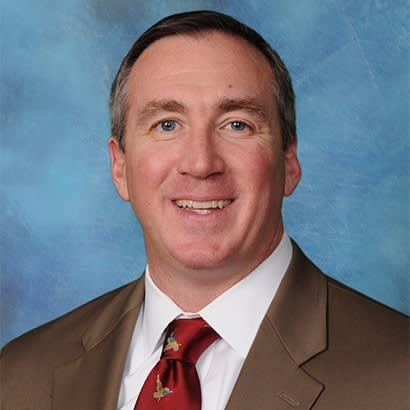
For an enhanced digital experience, read this story in the ezine.
As we reflect on this past summer, I am grateful that so many of our members stepped up to welcome back our residents and patrons into parks across the country. During the coronavirus (COVID-19) pandemic, parks were one of the most reliable public spaces for people to get out and have a sense of normalcy. Moving forward, parks continue to play a critical role in our communities. And, our park and recreation professionals continue to strive to make our public spaces more accessible and equitable for all our residents, guests and visitors.
Access to recreation begins with proximity of our residents to a park or open space. NRPA is part of 10 Minute Walk, a national effort dedicated to improving access to safe, quality parks and green spaces. The goal is to provide everyone with convenient access to a park within a 10-minute walk of their home by 2050. This is an ambitious goal to be sure, but we all know the importance of parks to the health and wellness of our communities.
Once someone gets to a park, their experience can be impacted by how accessible the park landscape and features are. We are all familiar with the Americans with Disabilities Act of 1990, which prohibits discrimination based on disability and has led to many changes in the way our spaces, buildings and parks are designed and built. We continue to consider not only physical limitations, but other challenges people face, such as sensory or cognitive issues, and strive to make inclusivity a conscious effort.
Our programs and recreation also are designed to allow everyone to participate. I am proud that Chicago was home to the first-ever Special Olympics held at our very own Soldier Field in 1968, and that we have hosted multiple Paralympic and adapted-sport national championships over the past two decades.
Recently, the focus of the field has been on equitable access, and rightly so. Equity is a core pillar for NRPA, which notes we must acknowledge the past and recognize the systemic inequities that have created very different lived experiences in communities across the country. Park and recreation departments and other organizations are now embedding diversity, equity and inclusion into our work and approach to program delivery. It is important to ensure that programs, infrastructure and opportunities are equitable in those communities that need it most.
See you in a park!
Michael P. Kelly, Chair, NRPA Board of Directors

